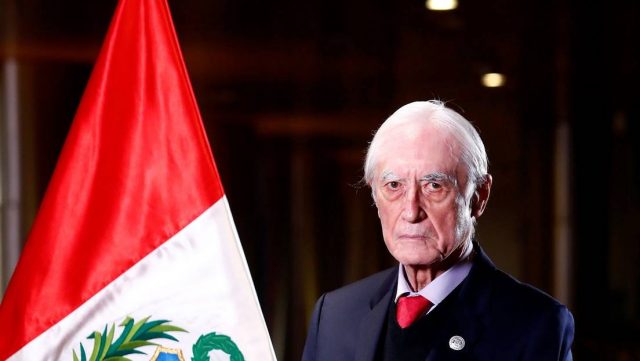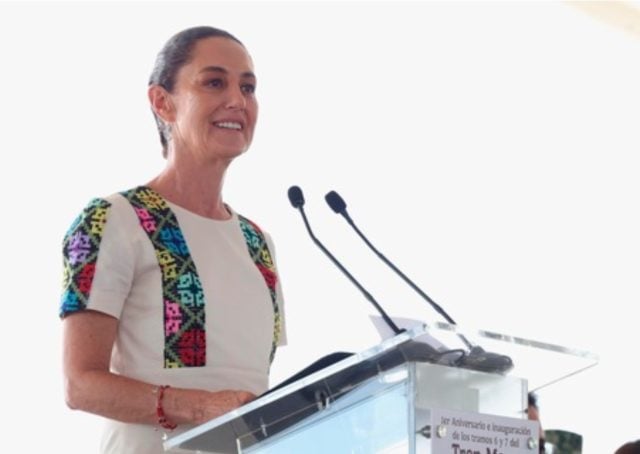The former Foreign Minister of Peru, Héctor Béjar, affirmed that his resignation from the position he held until this Tuesday was requested by the president of the Council of Ministers, Guido Bellido, after a few statements he had made before being appointed minister where he spoke of the origin of Sendero Luminoso (the Shining Path) and the alleged involvement of the Navy with terrorism were made public.
Béjar, interviewed by Prensa Latina, assures that his appointment as chancellor of the government of the leftist Pedro Castillo was considered a «danger» and that the campaign against him was led by the extreme right and a group within the Navy «that wants to avoid, at all costs, the possibility that Peru has, or will once again have, an independent, sovereign foreign policy”.
The ‘accusations’ have not only gone in the direction of the professor. Since Castillo announced who would make up his cabinet, an intense campaign of questioning the new positions began in the media and in Parliament, without even beginning their term, as government officials. Right wing sectors began to demand their resignation under the threat of a legislative motion of no confidence.
The common element is ‘accusations’ of promoting terrorism using old statements or alleged relationships of cabinet members with Sendero Luminoso (the Shining Path), terrorist group attributed by third parties. Recently, the Huánuco Prosecutor’s Office opened a preliminary investigation of Bellido, who already has another investigation for the same reason; the leader of the ruling Peru Libre (PL), Vladimir Cerrón, and Guillermo Bermejo, PL congressman.
Why the campaign against Béjar in Peru?
Béjar explained that his next action in Foreign Relations would be to join the Contact Group, to which several countries already belong to, so as to address the Venezuelan situation and support the dialogue process, «in order to lift the sanctions» of the United States against Venezuela. Béjar, who also has a doctorate in Sociology, places this decision as a «central motivation» for the campaign against him.
The former foreign minister had already announced a change in the international policy of the Peruvian government, which in 2017 formed the Lima Group, a conclave of countries that emerged within the Organization of American States (OAS) to promote sanctions and measures of pressure against the Venezuelan president, Nicolás Maduro, whom they did not recognize as the highest authority of the South American country.
Béjar, who was in charge of the chancellery for less than a month, said that he hopes Castillo will maintain the decision to return to that «independent», «sovereign» and «free from the determinations of global powers» foreign policy that Peru abandoned since the mandate of the right-wing Alberto Fujimori (1990-2000).
How did the resignation occur?
In the interview, the professor clarified that his resignation was requested by the Peruvian prime minister and asserted that he had hoped to speak in the interpellation that would have been made in the Legislative Assembly for his statements. «They have asked for my resignation to prevent me from speaking before Congress, it has been a way of censoring me», he said.
Regarding his appointment, he thanked Castillo, whom he describes as «an excellent person», and added that he hopes «to continue cooperating so that Peru has a government that is of the people and that truly responds to the interests of the nation».
He considered his resignation as one of the possibilities that could occur, «knowing that he was in an unstable situation, in a country with unstable politics».
When asked about the content of the video that opened the controversy, he ratified what was said about the connection of the Navy’s intelligence agents with the «first acts of terrorism in Peru» in the 70s.











